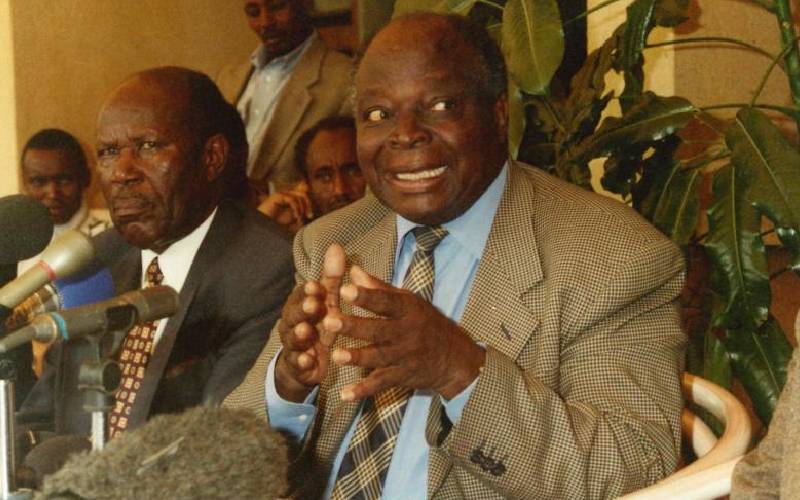×
The Standard e-Paper
Kenya’s Boldest Voice

Former State House Comptroller and late President Mwai Kibaki’s long time friend John Matere Keriri remembers him as a man who carried the interest of Kenya in his heart.
Having met at Makerere University College, Uganda, in 1959 when Kibaki was a lecturer and Matere a student, his first lesson from the former president was “for anything you do, you must first have a strategy.”